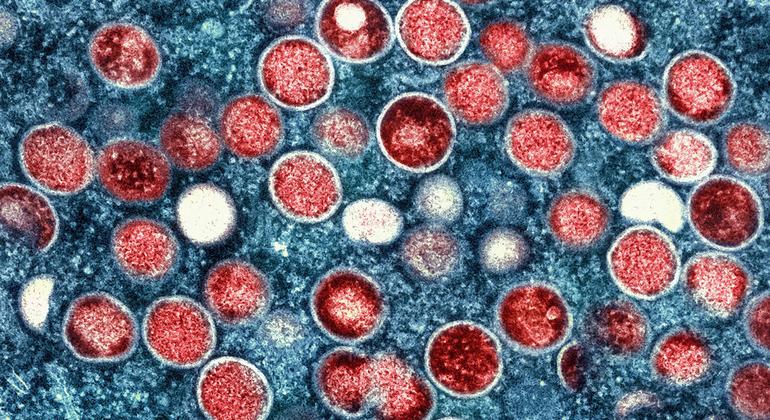The outbreak of the mpox virus in the Democratic Republic of the Congo (DRC) and its spread to neighbouring countries has become a growing concern for global health authorities. The World Health Organization (WHO) has declared the situation a public health emergency of international concern (PHEIC) due to the rapid spread of the virus, particularly the clade 1 variant that is driving the latest outbreak.
Mpox, formerly known as monkeypox, is a viral disease that can be transmitted through physical contact with an infected person, animal, or contaminated objects. It was first detected in humans in 1970 in the DRC and is considered endemic to countries in Central and West Africa. The virus has different strains called clades, with clade 1 being the most prevalent in the DRC for years. However, the emergence of a new offshoot, clade 1b, has led to a significant increase in cases and deaths in multiple countries.
As of now, more than 2,100 laboratory-confirmed cases of mpox and 13 deaths have been reported in the DRC and 11 other countries, including Burundi, Cameroon, Central African Republic, Congo, Côte d’Ivoire, Kenya, Liberia, Nigeria, Rwanda, South Africa, and Uganda. This is a significant increase from the previous year, where there were 1,145 confirmed cases and seven deaths in 11 countries.
In response to the escalating crisis, WHO is ramping up efforts to support affected countries by deploying additional experts, including epidemiologists and anthropologists, and providing initial funding to accelerate outbreak response measures. The organization is also working to enhance cross-border collaboration for case investigation, contact tracing, and community engagement to ensure compliance with preventive measures. Additionally, WHO is assisting national regulatory authorities in expediting regulatory approvals and providing guidance on vaccine rollout readiness.
WHO has also initiated the process for Emergency Use Listing (EUL) for mpox vaccines, which will facilitate access for lower-income countries that have not yet approved the vaccines nationally. This will allow partners like Gavi, the Vaccine Alliance, and UNICEF to procure doses for distribution. Furthermore, WHO is focused on strengthening national diagnostic capacities by providing testing kits, reagents, and machines to decentralize testing. Genomic sequencing is also being conducted to determine the specific clades of the mpox virus.
The situation has raised concerns about preparedness in countries neighbouring the DRC and the need for collaborative efforts to contain the spread of the virus. Governments, international organizations, and local communities are working together to implement control measures and mitigate the impact of the outbreak on public health.
Dr. Matshidiso Moeti, WHO Regional Director for Africa, emphasized the importance of collaboration and sustained efforts to curb the widening trend of the virus. The response to the mpox outbreak requires a multifaceted approach that includes vaccination, surveillance, and community engagement to effectively control the spread of the disease.
In conclusion, the mpox outbreak in the DRC and neighbouring countries is a reminder of the ongoing threat posed by infectious diseases and the importance of global health security. It is crucial for countries to work together and support each other in responding to public health emergencies to prevent further spread of the virus and protect vulnerable populations.









